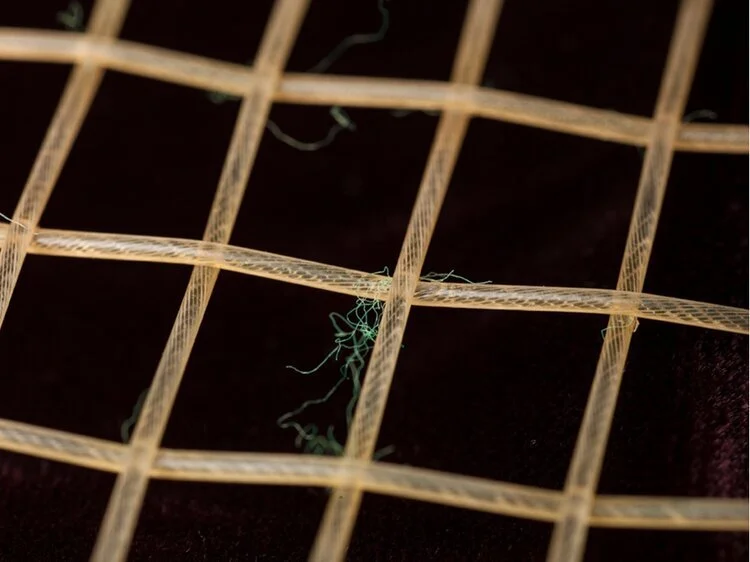The ‘memoirs’ of Herman Charles Bosman and Dugmore Boetie.
Conference of the American Comparative Literature Association (ACLA), New York University, 20-23 March 2014.
After a while, I think, the wit begins to pall. Ironic inversions are worked compulsively just once too often. Irony, as Roland Barthes has noted, remains safe, it keeps its distance [...] There are too many knowing winks travelling between narrator and reader. Prison and its ways are held at a comfortable distance. We find ourselves laughing when sometimes we should, perhaps, be asking questions [...] This irony touches upon awkward questions – innocence (what is innocence?), justice (whose justice?), prison (is it really rehabilitative?) – but lets them all pass in laughter. (142)
Yes, Bosman, you old lag, with your wheedling voice, half conning us, half conning yourself, talking out of the side of your mouth, wink, wink, wink, popping your eyes and whispering down the decades out of that Cold Stone Jug. (143)
Jeremy Cronin, ‘Inside Out: Bosman’s Cold Stone Jug’. In Stephen Gray (ed.), Herman Charles Bosman. Johannesburg: MacGraw-Hill, 1986.
In How Fiction Works, James Wood distinguishes between reliably unreliable narrators in literature (fairly common and generally identifiable) and the rarer, more disquieting case of unreliably unreliable narrators. This paper relocates his insight to the ostensibly non-fictional works of two South African comic writers: the urban sketches of Herman Charles Bosman, collected in A Cask of Jerepigo (1957), and the prose cycle that makes up Dugmore Boetie’s ‘experimental autobiography’ Familiarity is the Kingdom of the Lost (1969). Often compared in South Africa, yet little known elsewhere, Bosman and Boetie trade in forms of comedy and irony that, I suggest, are uniquely unstable. With satiric targets and strategies liable to shift disconcertingly from paragraph to paragraph, a ‘politics’ that is wilfully opaque and illegible, and a deliberately cultivated sense of tastelessness and irresponsibility – their texts are perhaps best described as elaborately rigged confidence tricks, often at the expense of the earnest, bien pensant reader. Nonetheless (as glutton for punishment), I will attempt to trace the workings of a complicitous and guilty narrative pleasure: a strain of South African comic vernacular that is echoed in the work of later writers like John Matshikiza, Marlene van Niekerk and Ivan Vladislavic. I will also reflect on the difficulty of teaching (and then resolving never to teach) Bosman and Boetie in the multiracial context of a South African university – perhaps out of an anxiety that students might not ‘get the joke’; or perhaps because they have intuited that some jokes are not worth getting.




















